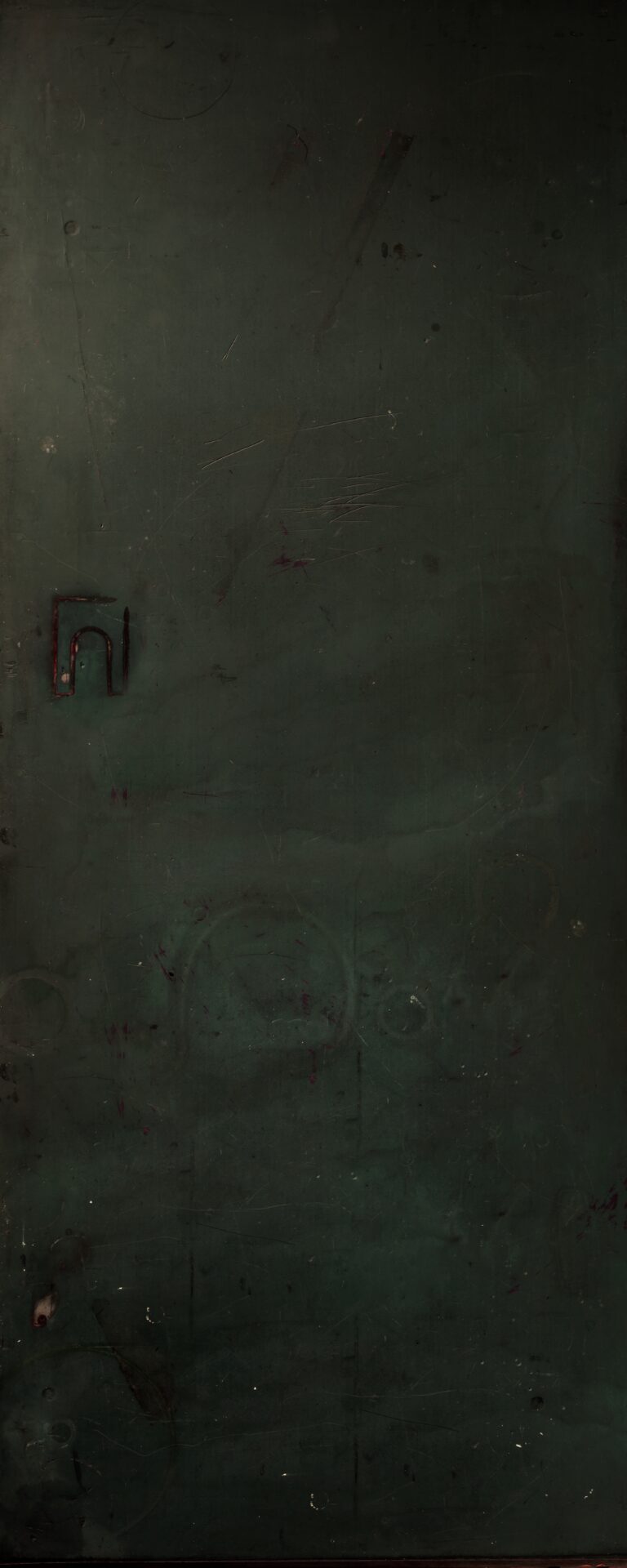What is the I Ching in The Running Grave?
‘S from the I Ching. Know what that is?’
The Running Grave, Robert Galbraith
‘Er – a book of divination, right?’
‘Mazu said it was an orac – whass the word?’
‘Oracle?’
The Universal Humanitarian Church draws its belief system from a variety of traditions. During Jonathan Wace’s address to his followers at Olympia, Strike notices Jonathan, or ‘Papa J’ as he’s known to his people, quotes Jesus Christ, the Buddha, the Talmud and, mostly, himself. From Abigail Wace, Strike learns that Mazu, Wace’s second wife, misuses the I Ching, or Book of Changes, to control the members of the church.
Poetic and intriguing quotes from the I Ching open each chapter of The Running Grave, so we thought we’d find out a bit more about the ancient divination system they are drawn from.
When Robin looked at the woman’s reflection in the window, she saw that she had a book open in front of her and was rapidly counting out yarrow stalks.
The Running Grave, Robert Galbraith
To seek guidance from the I Ching, questioners can use yarrow stalks, as Mazu does in the room above the Rupert Court Temple in London, where Robin spots her, or coins, to build up a hexagram – six parallel lines stacked one above the other. The stalks and coins are a way of deciding (perhaps by chance, perhaps because of divine guidance) if the line should be broken or un-broken. Numbers derived from the stalks or coins might also indicate some lines are particularly important.
There are sixty-four possible hexagrams. When a questioner has built up their hexagram, they look it up in the I Ching and read its name and detailed description which follows. This can offer guidance, or suggest possible dangers, outcomes, and opportunities. The descriptions are often poetic and cryptic, so they can spark all sorts of associations in the questioner’s mind. It’s a bit like reading tarot cards. Under the descriptions of the hexagram are statements which relate to each line. If one of the lines on your hexagram has been marked as important, you should pay particular attention to its statement too.
According to tradition the trigrams (each hexagram is made up of two trigrams, one on top of the other), were discovered by Fuxi, a legendary hero who, with his wife, created humanity, music and cooking. King Wen (a real leader who lived around three thousand years ago) discovered the hexagrams, and his son wrote the statements for each line. How exactly it came to be written is lost in the mists of time, but there is no doubt the I Ching is ancient, as much as three thousand years old as we know it now, and its roots probably go back even further.
‘…She’d grown her hair down to her waist – long black hair – and she was telling everyone she was half-Chinese, but she was never Chinese,’ said Sheila scathingly. ‘Her mum was as white as you and me.
The Running Grave, Robert Galbraith
UHC appropriates many Chinese traditions. The corridor in the main house at Harman farm has a red-carpeted corridor lined with Chinese masks, and Mazu’s office is cluttered with Chinese statuettes. As with much at the UHC however, appearances are deceptive. Abigail tells Strike that Mazu manipulates the I Ching to produce the hexagrams she wants, rather than consulting them in the traditional manner. In particular, she favours hexagram twenty-nine The Abyss. She has her own interpretation of the hexagram which gives her the authority, she believes, to treat the members of the UHC she is punishing as pigs.
Deirdre Doherty got pregnant again while they were living at the farm, and gave birth to a fourth kid, a daughter Mazu called Lin. (Mazu gets naming rights over all kids born at Chapman Farm. She often asks the I Ching what the baby should be called. ‘Lin’ is the name of one of the hexagrams.)
The Running Grave, Robert Galbraith
Each hexagram has a name, though there are lots of nuances and different translations. The first hexagram, for example, which consists of six unbroken lines, is called ‘Force’, but also ‘Creative’.
Lin, the daughter of Deirdre Doherty, ends up becoming close to Will Edensor, the young man whose decision to join the UHC leads to Robin going undercover on their base at Chapman Farm in Norfolk. Lin is named after the 19th hexagram. It’s a very positive one for a questioner to get, meaning approach, or becoming great, and promises good times ahead. It also reminds questioners that good fortune will not last forever, and we should make the most of our opportunities when they arise, because hard times will return in the end.
‘Which hexagram’s that?’ asked Strike.
The Running Grave, Robert Galbraith
Reaney looked as though he’d rather not answer, but finally said, ‘Fifty-six.’
‘What does it mean?’ Reaney blinked hard twice before muttering.
‘The wanderer.’
The fifty-sixth hexagram is made up of the trigrams for fire and mountain and suggests movement and instability. The I Ching points out that a wanderer should be cautious, and ready to persevere in hard circumstances. It’s possible Jordon Reaney didn’t pay enough attention to advice the I Ching offered, as Strike meets him in Bedford prison while trying to get information about abuses in the UHC and the death of one of the ex-members, Kevin Pirbright.
“Run/Retreat,”’ she said quietly. ‘“The power of the dark is ascending.” It was warning me you were walking up the stairs.’
The Running Grave, Robert Galbraith
‘Funny,’ said Robin, her heart still hammering. ‘From where I’m standing, the power of the dark seems to be in freefall.
Mazu’s yarrow stalks have built up hexagram thirty-three, which does indicate the powers of darkness ascending. It also suggests now is a wise time for the questioner to retreat. As Strike and Robin close in and uncover the dark dealings of the UHC, Mazu should probably take that advice.
Poets, composers, writers, and thinkers have all used this ancient enigmatic text to spark their creativity or explore the unconscious, and the epigraphs show the Book of Changes contains a huge amount of wisdom and inspiration. One set of commentaries on the I Ching, The Ten Wings, was traditionally ascribed to Confucius himself. They expanded the original text into a work on morality and philosophy, far more profound than anything Jonathan Wace and his wife managed to construct at the UHC.
But we can enjoy the poetry of the ancient text, and leave the unravelling of the truth behind the UHC in the capable hands of Robin and Strike.




